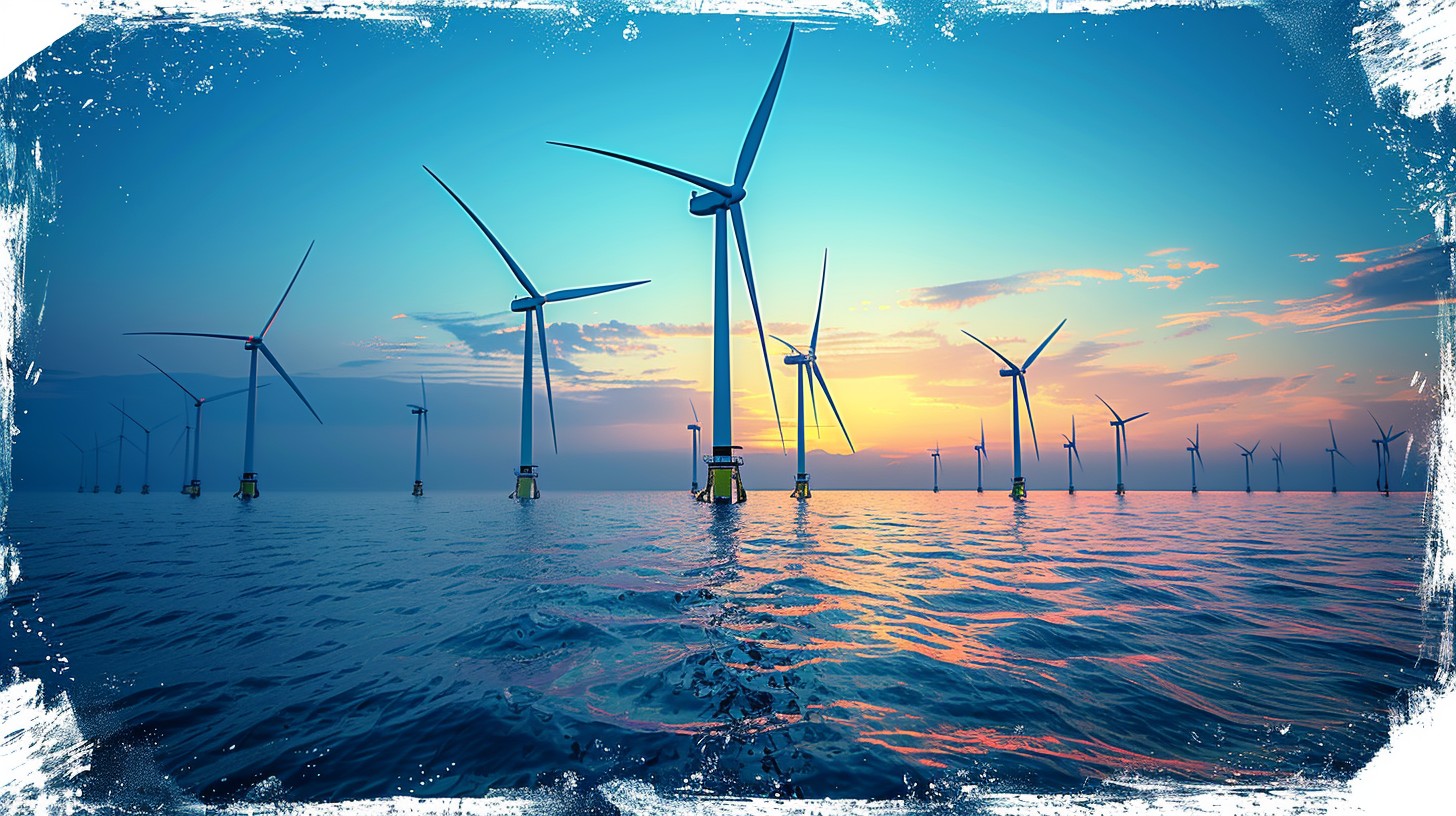ENTRY REQUIREMENTS
Post-Senior High School Candidates
- Senior Secondary School Certificate Examination (SSSCE): The candidate must have credit passes (A – D) in six (6) subjects with an overall aggregate of 24 or better. Three (3) of the six subjects must be core subjects (including English Language, Mathematics and either Integrated Science or Social Studies), and three must be science-based or technical elective subjects.
- West African Senior School Certificate Examination (WASSCE): The candidate must have credit passes (A1 – C6) in six (6) subjects with an overall aggregate of 36 or better. Three (3) of the six subjects must be core subjects (including English Language, Mathematics and either Integrated Science or Social Studies), and three (3) must be science-based or technical elective subjects.
General Certificate of Education
Holders of the General Certificate of Education (GCE) Advanced Level (obtained not more than three years before the time of application) must, in addition to credit passes in five (5) GCE ‘O’ Level subjects (including English and Mathematics), have, at least, passes in three (3) of the following science subjects (Physics, Mathematics, Chemistry and Biology or Agriculture).
Higher National Diploma
Holders of Higher National Diploma (HND) in Civil, Chemical, Agricultural, or Mechanical Engineering, would be considered for admission and placed at Level 200 or Level 300 depending on the academic performance and the match between the HND courses and those in the BSc Water and Public Health Engineering programme. Where there is a good match, a minimum of Second-Class Upper Division is required for admission to level 300 otherwise. Where the match is not good the candidate may be admitted to Level 200. In either case, a candidate may be required to take some courses from the lower level(s)
Mature Applicants
- The candidate must be at least 25 years old by 31st December of the year preceding the Mature Students’ Entrance Examination. A certified copy of birth certificate is required. The date of issue of the birth certificate should not be less than five years from the date of the completion of the admission forms.
- The candidate must have G.C.E. “O” Level or SSSCE/WASSCE credit passes in English Language and Core Mathematics. Candidates who do not have the required “O” Level/SSSCE/ WASSCE passes will be required to take Special Entrance Examination papers in the two subjects.
- The candidate must take the Mature Students’ Entrance Examination which consists of a General Paper for all candidates and an Aptitude Test.
- Candidates who pass all papers in the Mature Students’ Entrance Examinations will be ranked and those who fall within the approved quota will be invited for interview.
COMPONENTS OF THE PROGRAMMES
Mandatory (University-wide) Courses
African Studies, Liberals, Communicative Skills I, Communicative Skills II, Information Literacy Skills, Information Literacy, Critical Thinking and Practical Reasoning.
Required School-wide Courses
Engineering Drawing I, Environmental and Sustainability Studies, Basic Mechanics, Basic Computing for Engineers, Programming for Engineers I & II, Strength of Materials, Engineering Surveying, Gender Mainstreaming and Ethics in Engineering, Entrepreneurship for Engineers, Project Management and Contract Administration, Engineering Mathematics I, II, III & IV, Numerical Analysis for Engineers, Probability and Statistics for Engineers
Required Departmental Courses
Introduction to Water and Public Health Engineering Environmental, Microbiology, Chemistry for Engineers, Engineering Graphics and Design, Basic Computing for Engineers, Engineering Geology, Fluid Mechanics I (Hydrostatics), Fluid Mechanics II (Hydrodynamics), Construction Materials, Principles of Sustainable Engineering Design, Occupational Health and Safety, Environmental Thermodynamics, Environmental Process and Unit Operations, Community-Based Attachment (Engineering Co-op I), Engineering Hydrology, Wastewater Management, Applied Hydraulics, Construction Technology, Water Supply Engineering, Solid Waste Management, Fundamentals of Pluming, Non-sewered Sanitation Systems, Introduction to Public Health, Soil Mechanics, GIS and Remote Sensing, Technical Report Writing, Soil Mechanics, Plumbing and Pipe Works I, Industrial Attachment I (Engineering Co-op II), Research Methods, Measurement and Estimation of Works, Engineering Economy, Urban Drainage and Flood Control, Environmental and Social Impact Assessment, Environmental Pollution and Control, Water and Public Health Engineering Master Plan, Industrial Attachment II (Engineering Co-op III), Project Work I & II
Elective Courses
Packaged Water Production, Irrigation and Drainage Engineering, Hazardous Waste Management, Hydraulic and Coastal Structures, Water Abstraction and Resource Engineering, Introduction to Applied Geophysics, Plumbing and Pipe Works II, Coastal Infrastructure and Shoreline Protection, Environmental Geophysics, Water Transport and Distribution.
Practical Training
Community-Based Attachment (Engineering Co-op I), Industrial Attachment I (Engineering Co-op II), Industrial Attachment II (Engineering Co-op III), Water and Public Health Engineering Master Plan
Research Component
Project Work I & II
Foreign Students
In the case of foreign students, their equivalent qualifications determined by the Ghana Tertiary Education Commission shall be considered for admission in relation to the qualifications specified for local applicants. Click the link below





.jpg)